People can realize their full potential only when they are mentally and physically healthy, and connect with others. Many people today suffer from chronic physical and mental illnesses, however, which negatively affects both their professional and personal lives. In this practical book, health and performance educator Richard Sutton identifies the barriers – particularly chronic stress – that keep people from thriving. He offers an action plan to help leaders create a work environment that supports employees’ well-being.
Stress is an emotional response to challenging situations.
Human beings have always experienced stress. Stress essentially springs from fear: historically, fear of a predator; nowadays fear of an attack by a criminal, or fear of losing a loved one, your home, or your job.
Distressing circumstances affect your brain’s amygdala, which sends a warning signal to the hypothalamus – the brain’s command center. Your brain floods your body with adrenaline and places you on high alert. The stress response prepares you for immediate, emergency action. It directs resources to the brain, the heart and the muscles, and shuts down other bodily functions. Vision improves, sensations intensify and thinking accelerates. Acute stress can even lead to an increased pain threshold and an improved immune system.
In certain ways, therefore, people can benefit from a stress response. The natural response to stress is probably one of the reasons humans survived in the remote past, when they faced frequent threats from predators. In today’s world, a small amount of short-term stress can...
Richard Sutton is a health and performance educator and consultant. He has lectured at a postgraduate level in the areas of pain management, health and athletic development, and consults to leading companies on stress resilience, employee engagement and productivity. He is the author of The Stress Code: From Surviving to Thriving.










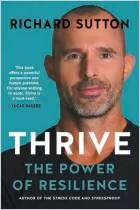
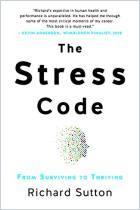
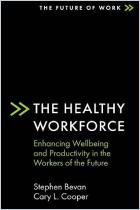
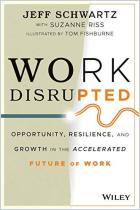
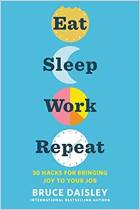

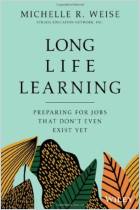
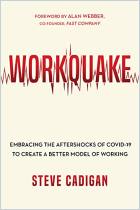


Comment on this summary or Diskussion beginnen